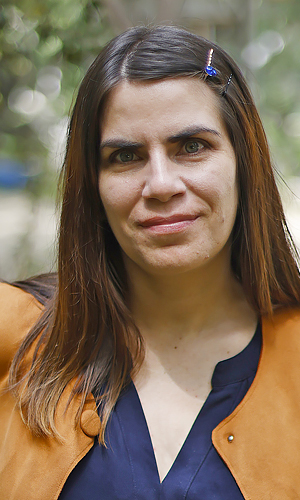Research groups
Theoretical Chemical Physics
In the Theoretical Chemical Physics Group, we study the electronic structure of matter in solids, molecules, and nanostructures.
We specialize in descriptors that allow inferring the properties of matter or rational design of materials, light-matter interaction (independent photon emitters, excited state dynamics, photocatalysis), and quantum materials, where electronic correlations induce exotic phenomena, such as a topological order at the quantum level.
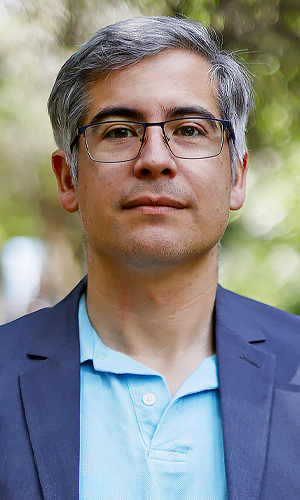
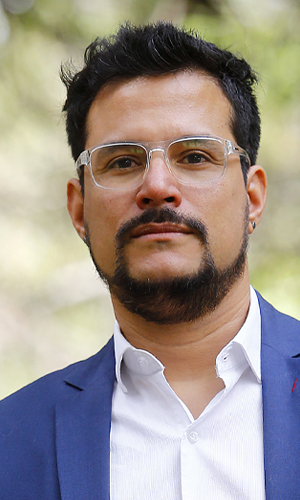
Chilean Complexity Cluster (CCC)
We are the Chilean Complexity Cluster, and we carry out multidisciplinary research in areas such as space and astrophysical plasmas, space weather, dynamical systems complexes, econophysics, socio-physics, bio-physics, transport in complex networks, mechanics statistics out of equilibrium, nanoscience, among many others, through theory, modeling, simulations, data analysis, and technological instrumentation development. In addition, we develop methods to characterize these complex systems, thanks to the use of systems based on artificial intelligence (machine learning), which allows forecasting in some instances. In addition, we create strategies of dissemination, which include talks for the general public, guided visits for students to our laboratories, and the annual professional diploma “Fundamentals of Physics.”
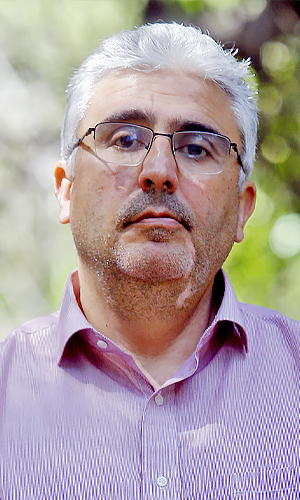
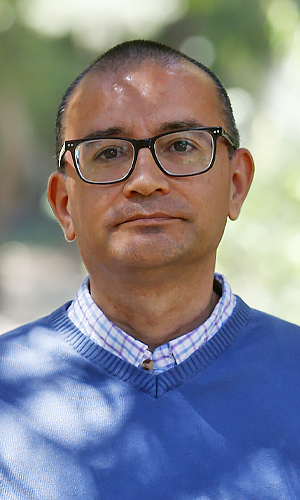
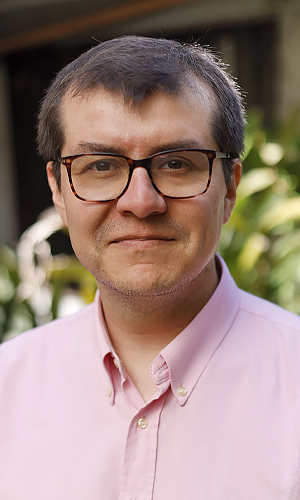
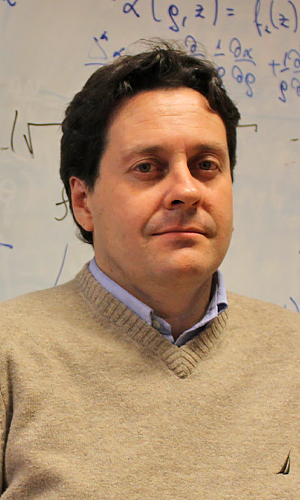
Planets
At Planets, we develop research in plasmas, complex networks, and seismology. Through analytical methods, simulations, and data analysis, we study systems of astrophysicist interest in space physics, the statistical description of seismicity, as well as social systems.
Physics seeks to understand the universe on different scales, and therefore, our interests cover topics as diverse as nonlinear phenomena in interplanetary and extragalactic environments, complexity in geophysics, description via fractals and complex networks of physical and social systems such as interactions in social networks, economics, and electoral processes.
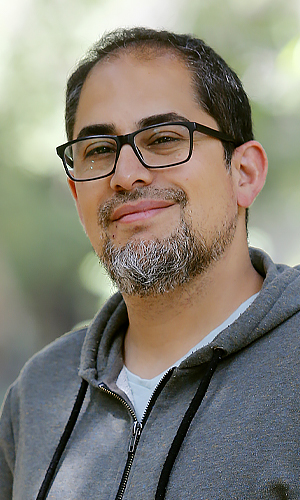
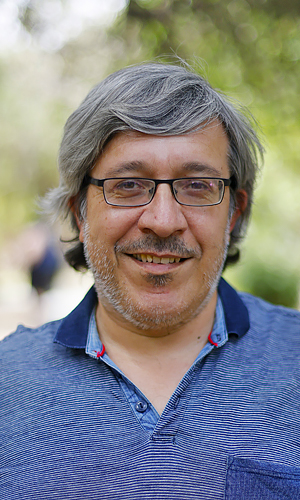
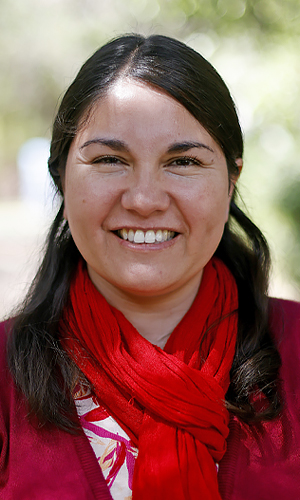
Millennium Nucleus Physics of Active Matter
The Millennial Nucleus Physics of Active Matter is an academic center that investigates this field through the study of the self-organization and collective movement of living beings, the physical conditions necessary for life, the flows of energy and information inside a cell or the ability to generate self-assembled machines.
It is constituted by researchers from the Universidad of Chile (DFC and DFI), Universidad Adolfo Ibáñez, and Universidad de Aysén.
